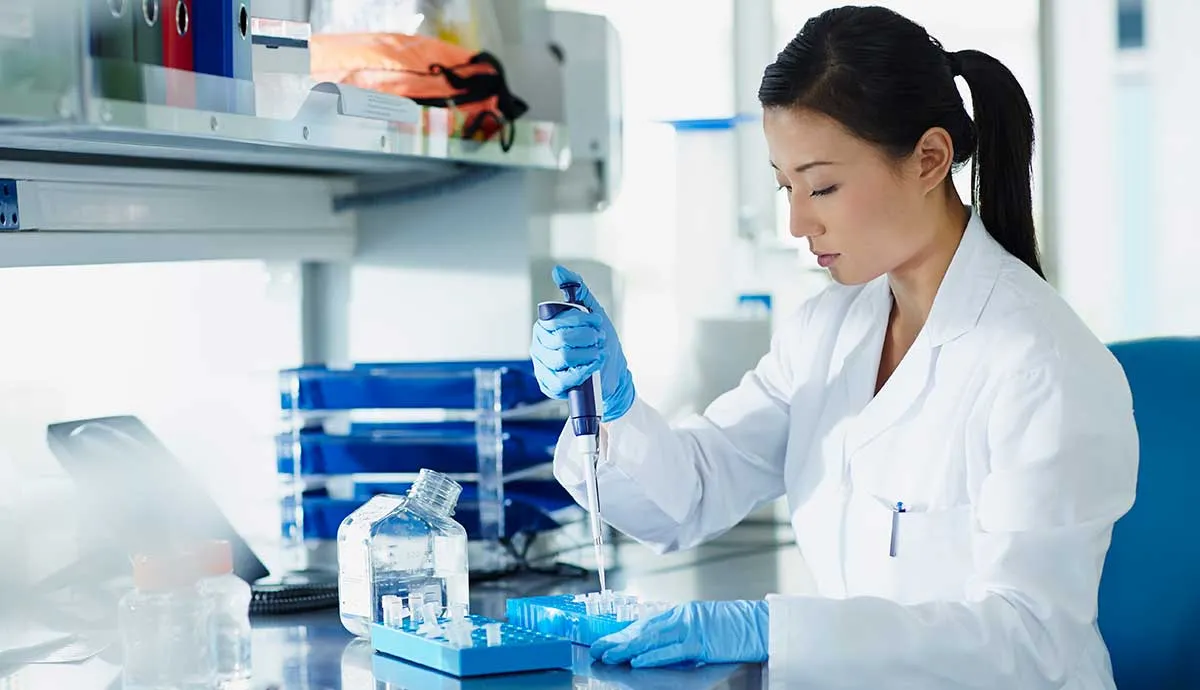The current IVD (In Vitro Diagnostic) Directive (98/79/EC) has existed in Europe since 1998. However, as a result of continued scientific and technological advancements, this Directive was seen as “no longer fit for purpose.” Additionally, there have been significant deviations from the Directive over time, forcing a departure from the document's original objectives and goals of maintaining the health and safety of IVD devices.
A new In Vitro Diagnostic Regulation (IVDR) was officially passed by the EU Parliament on April 4, 2017 (EU 2017/746) and replaces the current IVD Directive. The newer IVDR included changes meant to strengthen the effectiveness of the legislation and better address IVD safety. The revision also adopted principles set by the Global Harmonization Task Force (GHTF) in an effort to improve international regulatory convergence. By May 26, 2022, IVD device manufacturers who are not yet registered must be fully compliant with all changes set forth in the new regulation. OEMs who are already registered will have until 2024 to conform to the new IVDR.
Under the new IVD Regulation, device manufacturers can expect challenging timelines and a need for even further technical or regulatory documentation. Examples of these include:
- IVD applications in Classes B, C and D will need to go through a Notified Body (NB) evaluation – only class A can be self-certified. This means that an estimated 80-90% of all IVD applications will need the NB evaluation as compared to 10-20% under the original IVD Directive
- An enforced gap analysis of technical documentation may show that current plastic resin grades or masterbatches do not have adequate change control, and there are insufficient change agreements with suppliers
- For higher risk IVD, the gap analysis may also reveal that current resin grades or masterbatches don’t have sufficient regulatory assumptions, e.g., they are not verified for elemental impurities (ICH Q3D)
All of this can mean potential challenges for a manufacturer resulting in greater risk of not meeting IVDR requirements, ultimately prohibiting participation in European markets. Other challenges include answering a need for enhanced technical support and ensuring adequate change control is in place.
With a broad portfolio of healthcare polymer technologies under the Mevopur™ brand, Avient can assist in addressing many of these challenges. Backed by robust bio-compatibility pre-testing, healthcare quality systems, and change control standards, these ‘medical grade’ concentrates and pre-color formulations can help minimize risk and avoid high costs of non-compliance. Dedicated global technical centers and ISO 13485 certified manufacturing sites round out the service offer and provide consistent support for diagnostic devices.
